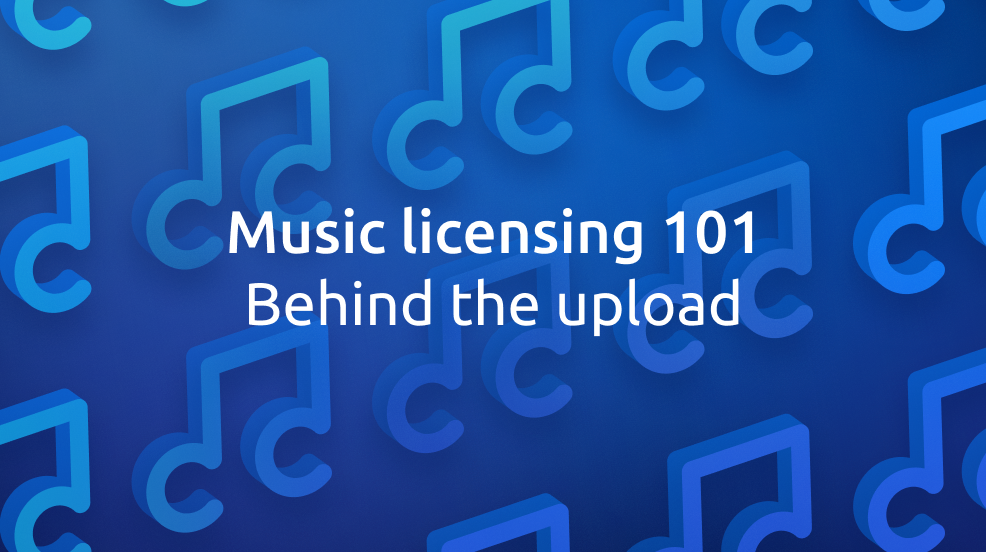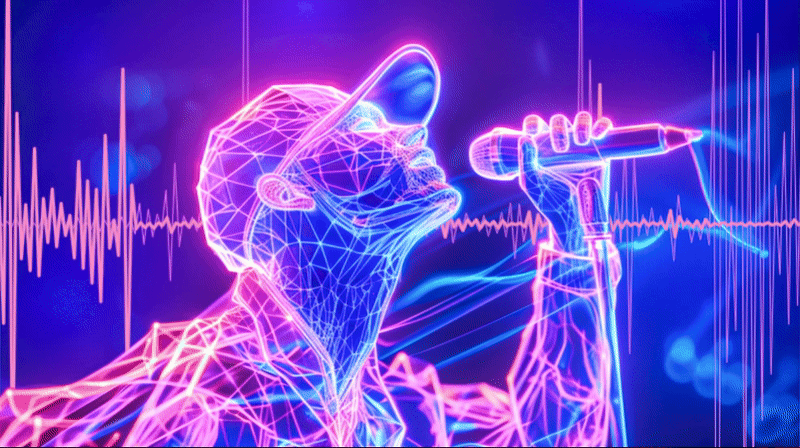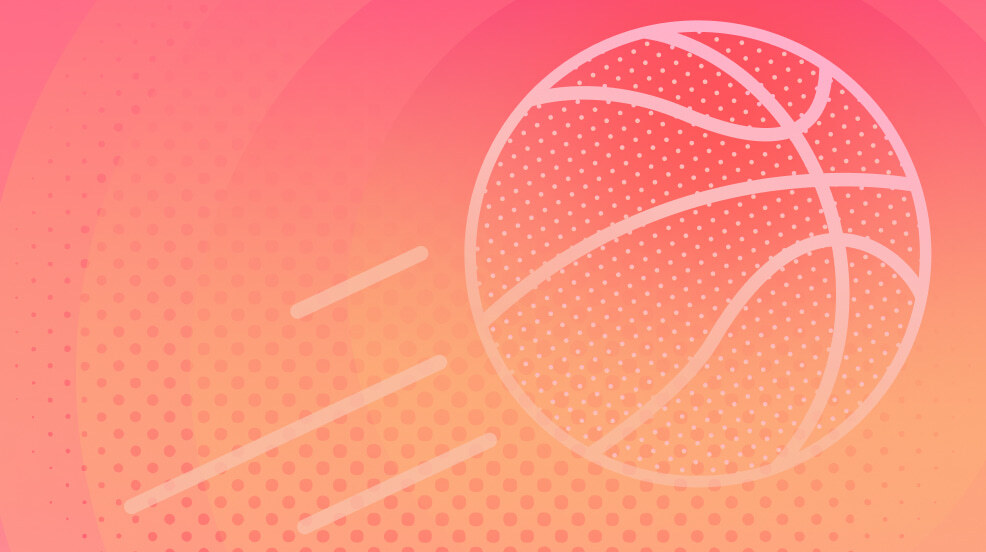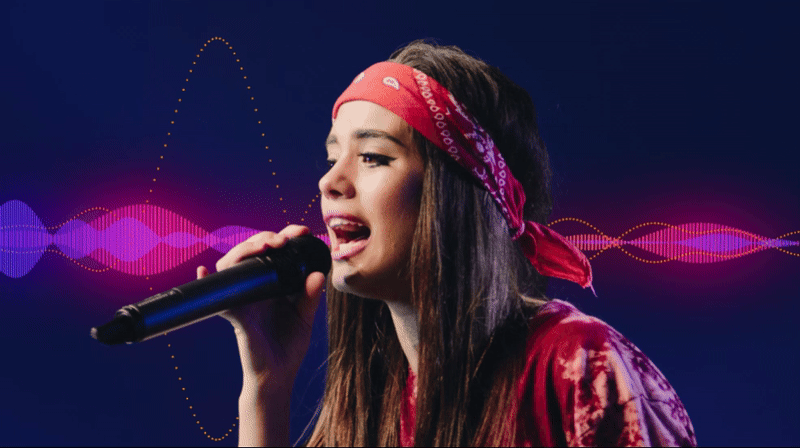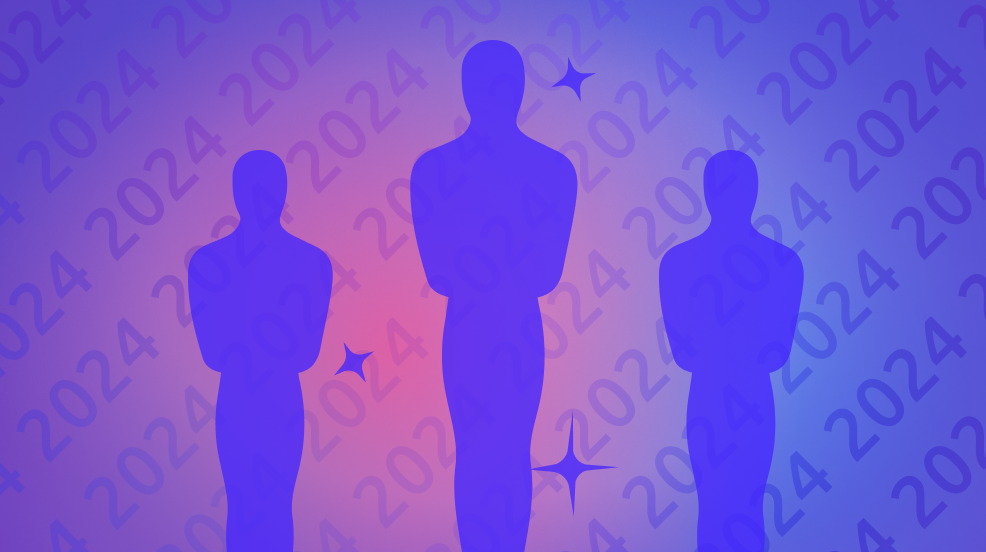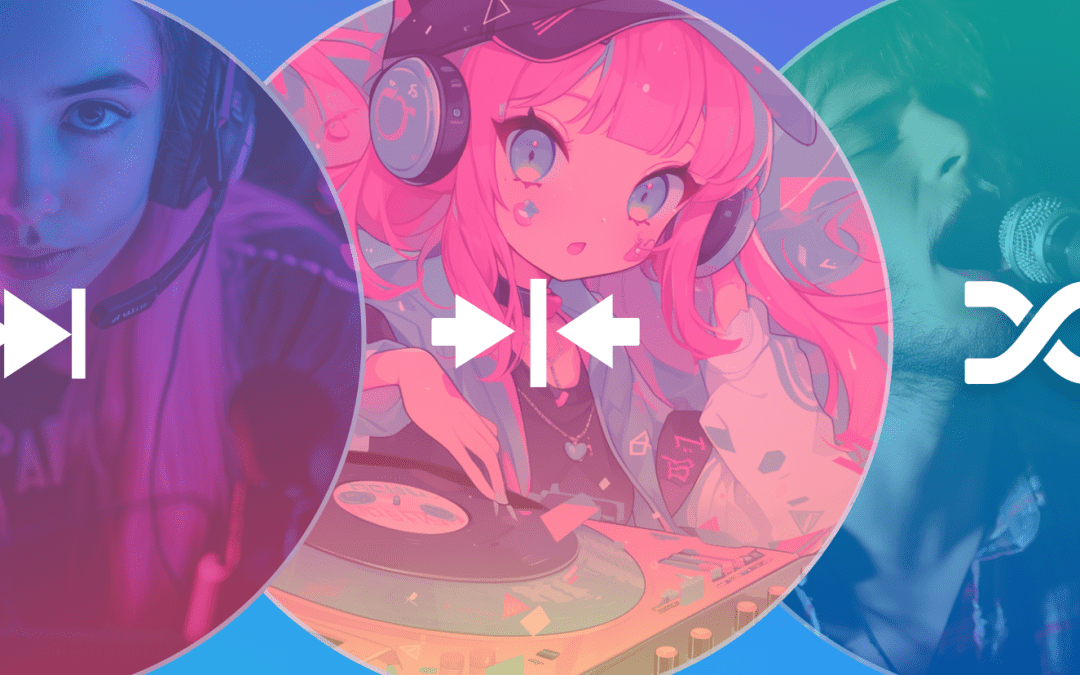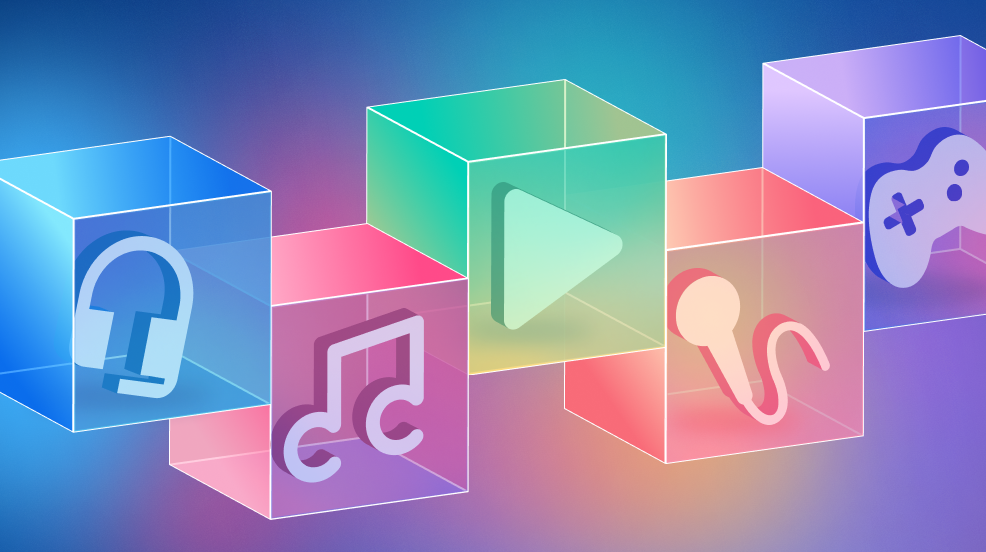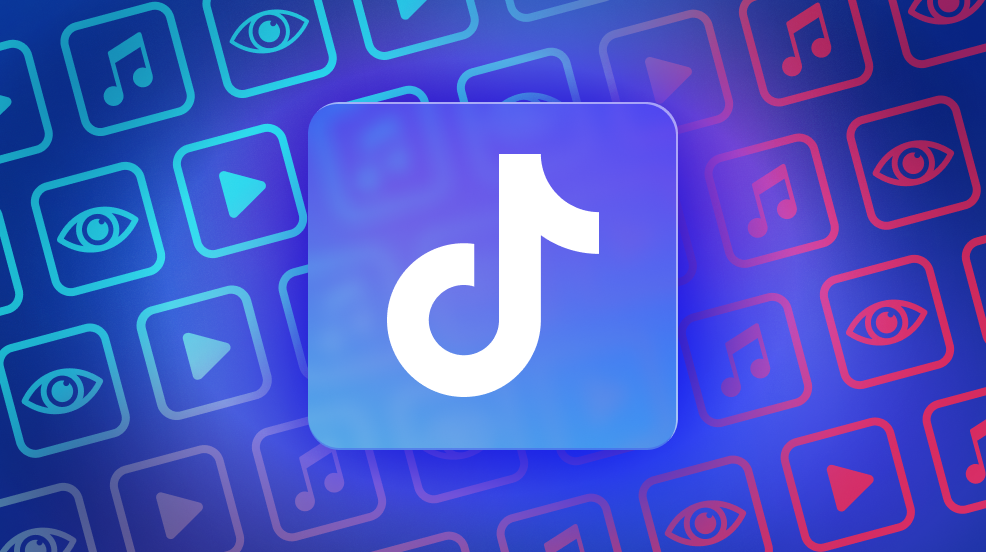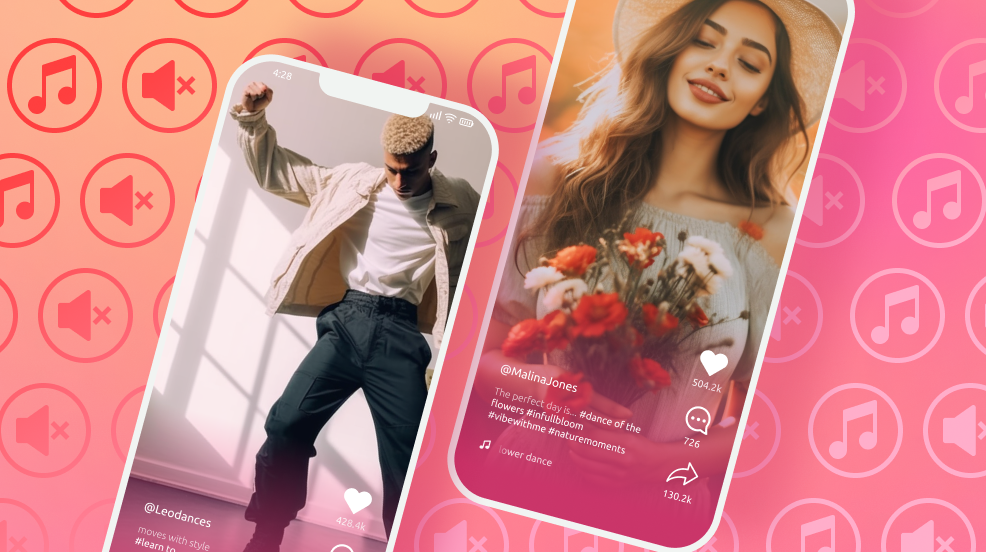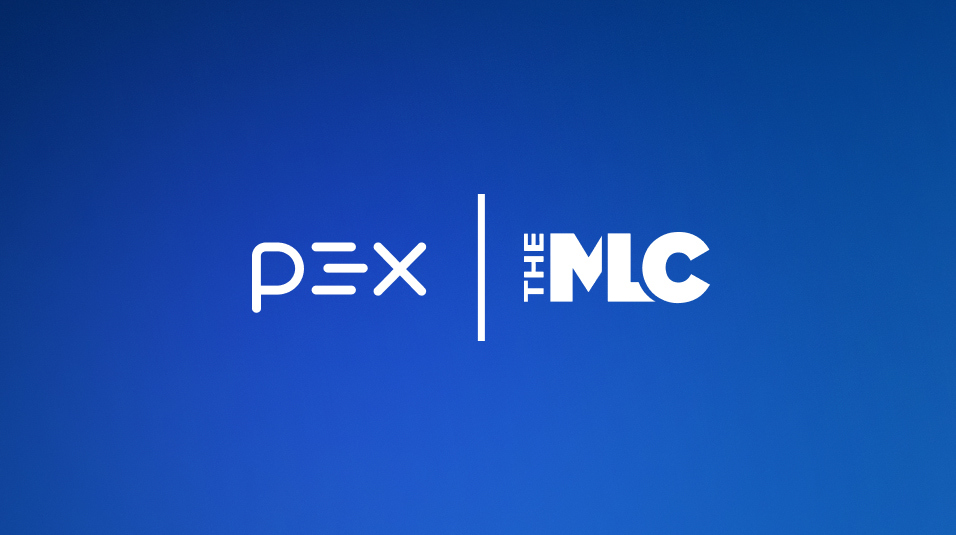This is the second installment of a two-part blog series on music licensing. Miss the first blog? Catch up on “Introduction to copyright.”
UGC platforms benefit from having music on their sites: it’s a large part of what makes platforms successful and appealing. One could argue that music is essential on all major UGC platforms with 84% of videos on YouTube, 58% of videos on Instagram, and 49% of all videos on Facebook containing at least 10 seconds of music. But licensing music is often a roadblock for platforms and creators and includes a hefty cost. With a complex copyright regulation landscape and lack of access to technology or resources, UGC platforms have an uphill battle to license music. As a result, creators suffer takedowns, rightsholders miss out on vital revenue, and platforms can’t grow or innovate without risking lawsuits.
Music licensing is only becoming more complex as the entertainment and social media spaces innovate. With the arrival of royalty-free music for creators, pre-cleared music libraries, cross-platform content sharing, and live streaming (just to name a few developments), it’s only gotten more complicated. Rightsholders need to know where music is being uploaded and when, and platforms need to monitor whether or not the upload is a licensed or authorized use.
To help UGC platforms navigate music licensing, we created our free eGuide: Music licensing 101. Below is an excerpt of the download, which covers the complexities of music licensing, what licenses are needed for different types of creator uploads, and how platforms can start licensing music to protect their business and benefit their creators.
What music licenses are required for UGC platforms?
In the U.S., rights to reproduce or distribute content are set through laws that are now outdated. For example, the right to distribute compositions can be traced back to the 1909 Copyright Act, which created the protection for reproductions of compositions played by player pianos (pianos that automatically play music). This reproduction referred to creations of the mechanical parts that allowed the player pianos to automatically play songwriters’ compositions.
However, when a Facebook user watches a video that contains a song with a songwriter’s underlying composition, is there any element of reproduction? Would this play be considered a public performance? Since U.S. copyright law does not specifically outline these cases and does not define many of the modern platforms that allow for music consumption (e.g. social media sites), there is a lot of legal gray area.
Despite these legal gray areas, platforms often seek licensing deals with major rightsholders. For example, Facebook, YouTube, and TikTok have blanket licensing deals with the major music labels, which control over 70% of the world’s music market.
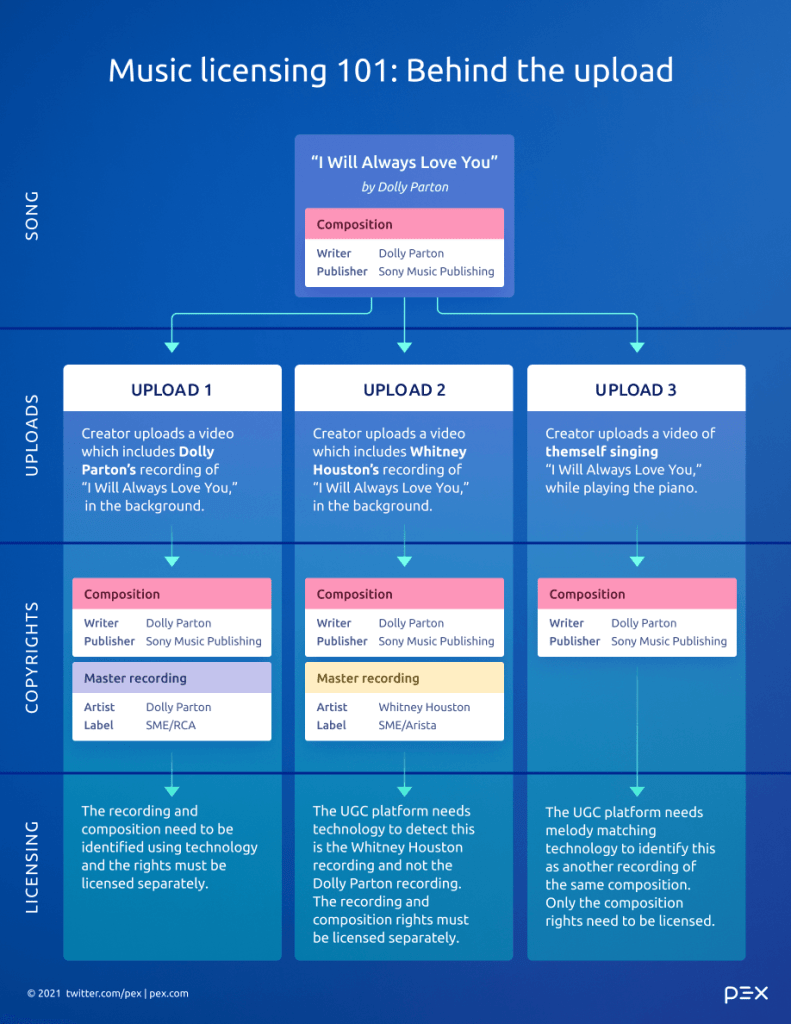
Simplified licensing for UGC platforms
At Pex, we empower the creator economy with fair and transparent licensing. Our Attribution Engine allows rightsholders to monetize and have full control over the use of their owned copyrights on UGC platforms, and enables these platforms to identify copyright use prior to distribution, as well as obtain micro-licenses with rightsholders instead of just blanket deals.
Download our free eGuide to keep learning about music copyrights and licensing.
Interested in working with Pex? Contact our team at [email protected] for more information on how we can help your platform.

